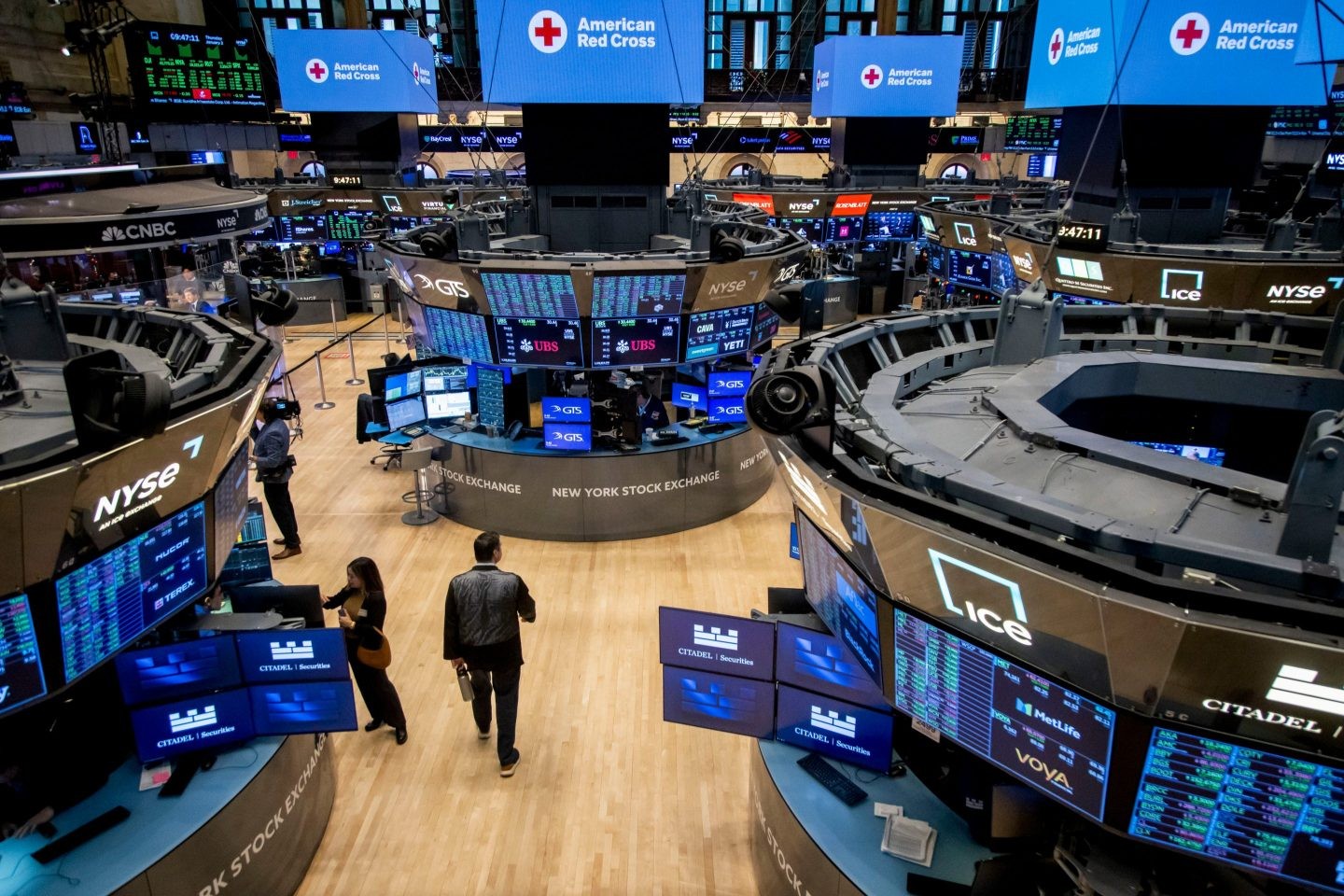
A new Bloomberg Intelligence report predicts that up to 200,000 banking jobs could disappear over the next three to five years as artificial intelligence transforms the financial sector.
According to a survey of chief information and technology officers at major banks, including JPMorgan Chase, Citigroup, and Goldman Sachs, firms expect to cut an average of 3% of their workforce as AI technology takes over certain tasks. Nearly 25% of the 93 respondents projected even steeper reductions between 5-10% of total staff.
Back office operations, middle office functions, and routine customer service roles face the highest risk of displacement. "Any jobs involving routine, repetitive tasks are at risk," noted Tomasz Noetzel, senior analyst at Bloomberg Intelligence. However, he emphasized that AI will lead to "workforce transformation" rather than complete job elimination.
The integration of AI tools could substantially boost bank profits. The report estimates that by 2027, pretax profits could be 12-17% higher than current projections - potentially adding $180 billion to banks' combined bottom line. About 80% of surveyed executives expect AI to increase productivity and revenue by at least 5% within five years.
Some institutions project even more dramatic changes ahead. A June 2023 Citigroup report suggested that 54% of banking industry jobs have high potential for automation - more than any other sector.
Yet many banking leaders emphasize technology's role in augmenting rather than replacing workers entirely. JPMorgan Chase CEO Jamie Dimon offered an optimistic long-term view, suggesting AI could lead to shorter workweeks while improving quality of life through advances in areas like healthcare.
The shift mirrors broader economic trends. While the World Economic Forum predicts AI could displace 92 million workers across industries by 2030, it also forecasts a net gain of 78 million new jobs - highlighting technology's potential to create new roles even as it transforms traditional ones.